Premium Only Content
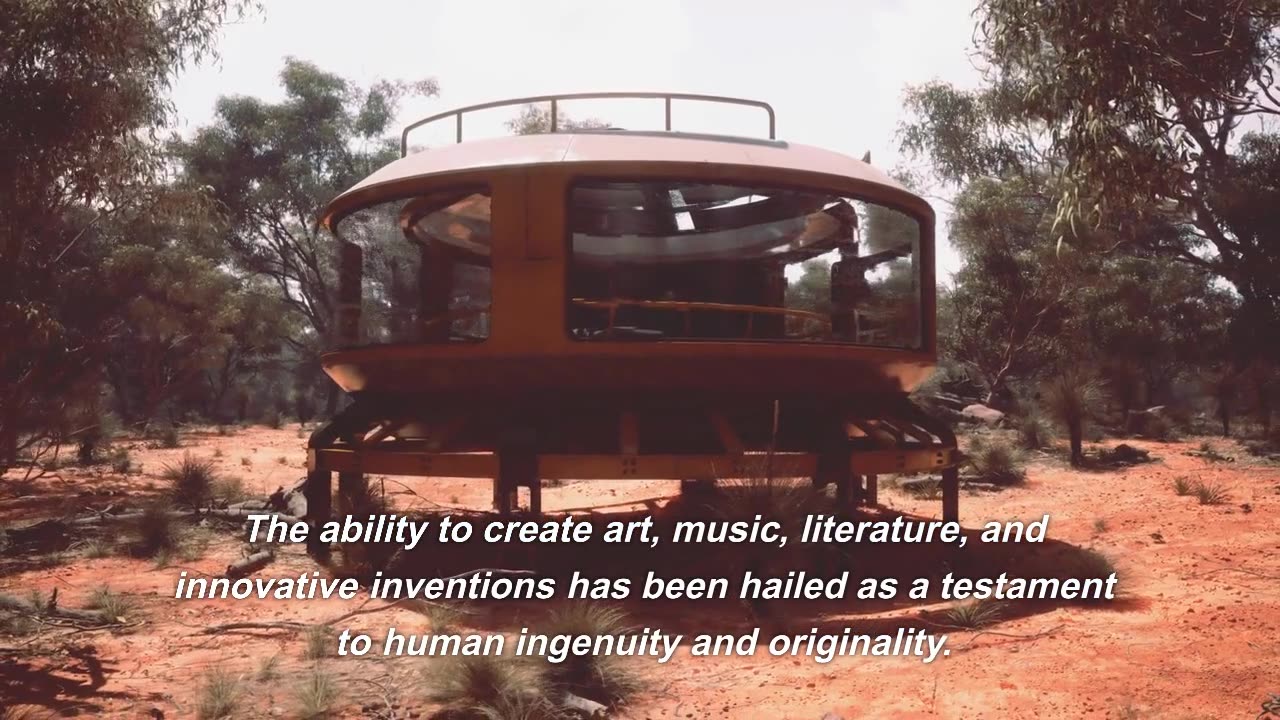
"AI and Creativity: Can Machines Be Creative?"
The exploration of AI and creativity unfolds like a captivating narrative, weaving the realms of technology and human ingenuity. At its core, this enthralling tale grapples with an age-old question that lies at the intersection of human achievement and technological advancements: Can machines truly possess creativity, an elusive trait long believed to be the hallmark of human cognition?
As the story unfolds, the reader is introduced to the multifaceted landscape of artificial intelligence. The characters in this narrative are diverse and intriguing - from the brilliant minds of AI researchers and developers who have painstakingly crafted cutting-edge algorithms to the skeptical critics who question the authenticity of machine-generated creativity.
The scenes shift between remarkable demonstrations of AI-generated art, music, literature, and more, each showcasing the astonishing capabilities of these digital prodigies. A symphony composed by an algorithm, evoking emotions in listeners akin to that of a human maestro; a gallery adorned with breathtaking paintings, emanating from the brushstrokes of a machine; and a collection of poignant poetry, inked by lines of code that resonate with the human soul.
The reader is enveloped in a whirlwind of emotions, oscillating between awe and uncertainty. Can this be true creativity, or are these machine creations mere imitations of the human genius that has flourished for millennia?
The narrative delves deeper into the nature of creativity itself, contemplating the essence of human imagination and the intrinsic spark that kindles original thought. Philosophical musings interweave with scientific insights as experts from both camps present their arguments, engaging in an intellectual battle that sparks the reader's curiosity.
Amidst the intellectual debates, ethical quandaries emerge like ripples in a pond. The tale embraces questions of authorship, intellectual property, and the essence of artistic expression in an era where AI blurs the lines of creativity. The reader is left pondering the implications of AI-generated content saturating the creative landscape and how it impacts human artists and society at large.
Yet, amidst the uncertainties, a prevailing theme emerges: the potential for synergy between humans and machines. The narrative gently nudges the reader to consider the possibilities of collaborative creativity, where AI augments human imagination rather than supplanting it. The story becomes a catalyst for envisioning a future where AI serves as a creative muse, inspiring human creators to push the boundaries of their own abilities.
As the final pages unfold, the reader is left with a sense of wonder and intrigue, beckoned to contemplate the intricacies of AI and creativity beyond the confines of the written narrative. The tale of "AI and Creativity: Can Machines Be Creative?" remains an open-ended quest, inviting readers to explore this captivating fusion of human and machine ingenuity and the ever-evolving nature of creativity itself.
-
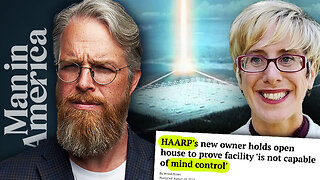 1:06:09
1:06:09
Man in America
14 hours agoExposing HAARP's Diabolical Mind Control Tech w/ Leigh Dundas
58.5K44 -
 1:47:16
1:47:16
Tundra Tactical
9 hours ago $91.97 earnedGlock Interview From Beyond The Grave//Whats the Future of Home Training??
39.8K6 -
 2:16:35
2:16:35
BlackDiamondGunsandGear
8 hours agoEBT Apocalypse? / Snap Down SHTF / After Hours Armory
15.4K7 -
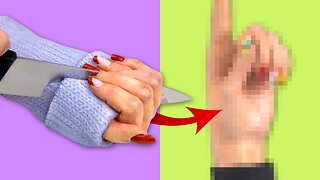 14:05
14:05
Sideserf Cake Studio
19 hours ago $12.87 earnedHYPERREALISTIC HAND CAKE GLOW-UP (Old vs. New) 💅
48.3K8 -
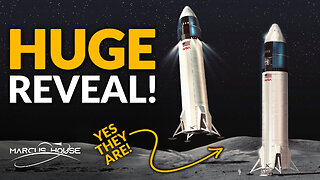 28:37
28:37
marcushouse
21 hours ago $6.97 earnedSpaceX Just Dropped the Biggest Starship Lander Update in Years! 🤯
21.7K7 -
 14:54
14:54
The Kevin Trudeau Show Limitless
3 days agoThe Hidden Force Running Your Life
100K22 -
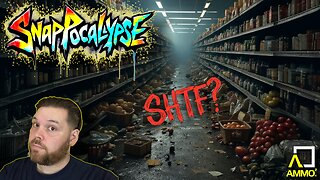 2:16:35
2:16:35
DLDAfterDark
8 hours ago $5.80 earnedIs The "SnapPocalypse" A Real Concern? Are You Prepared For SHTF? What Are Some Considerations?
21.9K9 -
 19:58
19:58
TampaAerialMedia
19 hours ago $7.80 earnedKEY LARGO - Florida Keys Part 1 - Snorkeling, Restaurants,
36.7K17 -
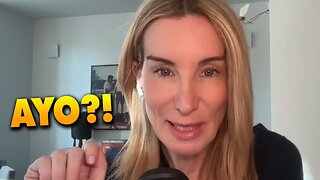 1:23
1:23
Memology 101
2 days ago $7.07 earnedFar-left ghoul wants conservatives DEAD, warns Dems to get on board or THEY ARE NEXT
29.9K62 -
 3:27:27
3:27:27
SavageJayGatsby
9 hours ago🔥🌶️ Spicy Saturday – BITE Edition! 🌶️🔥
56.8K6